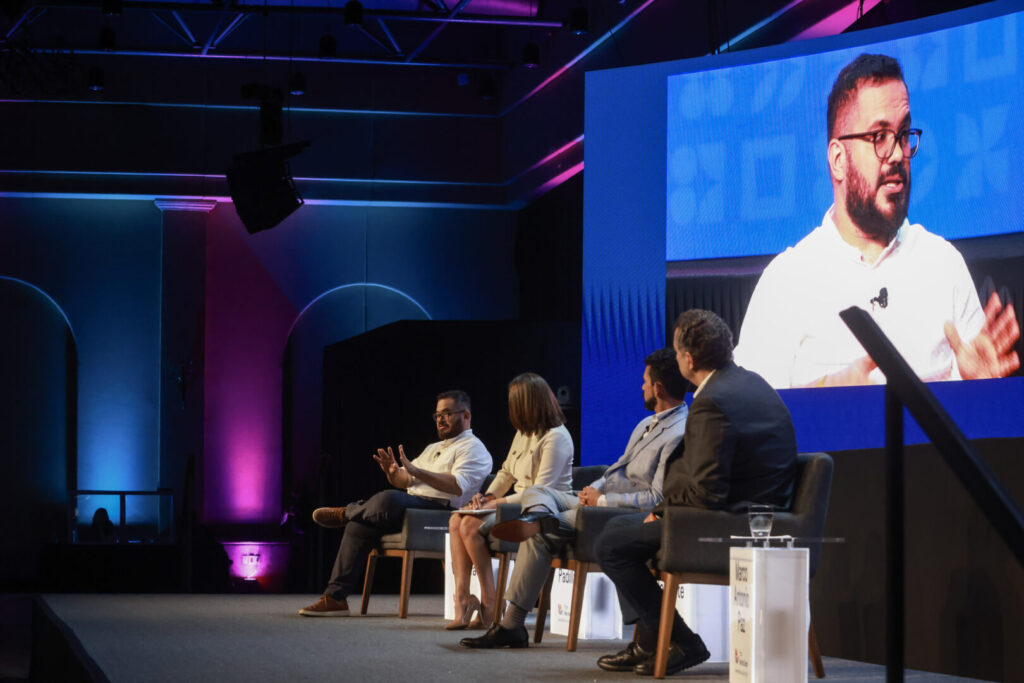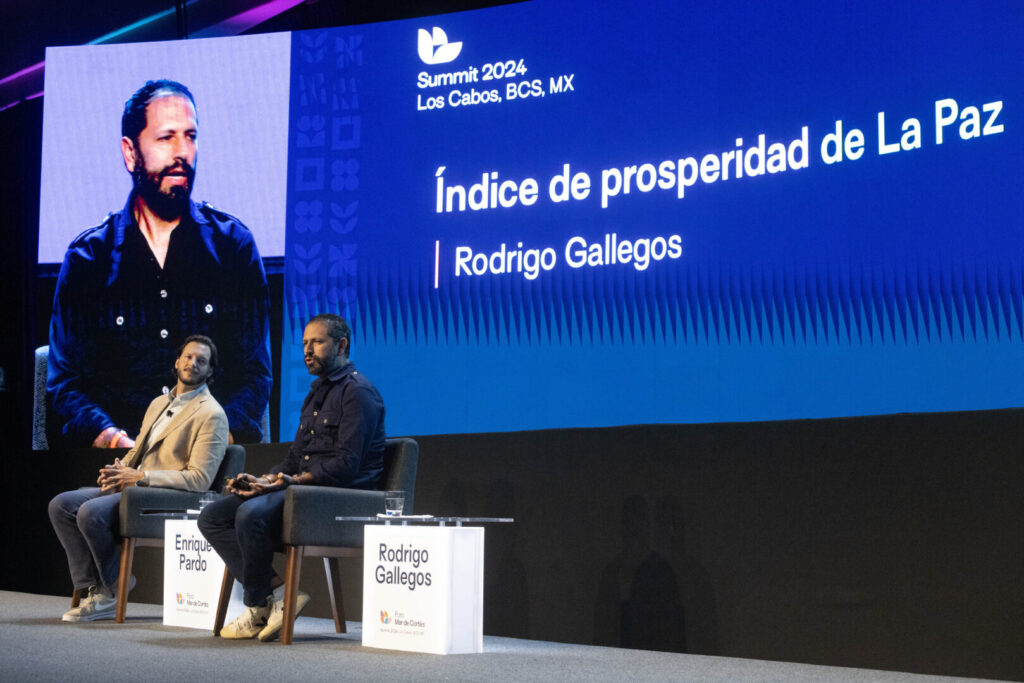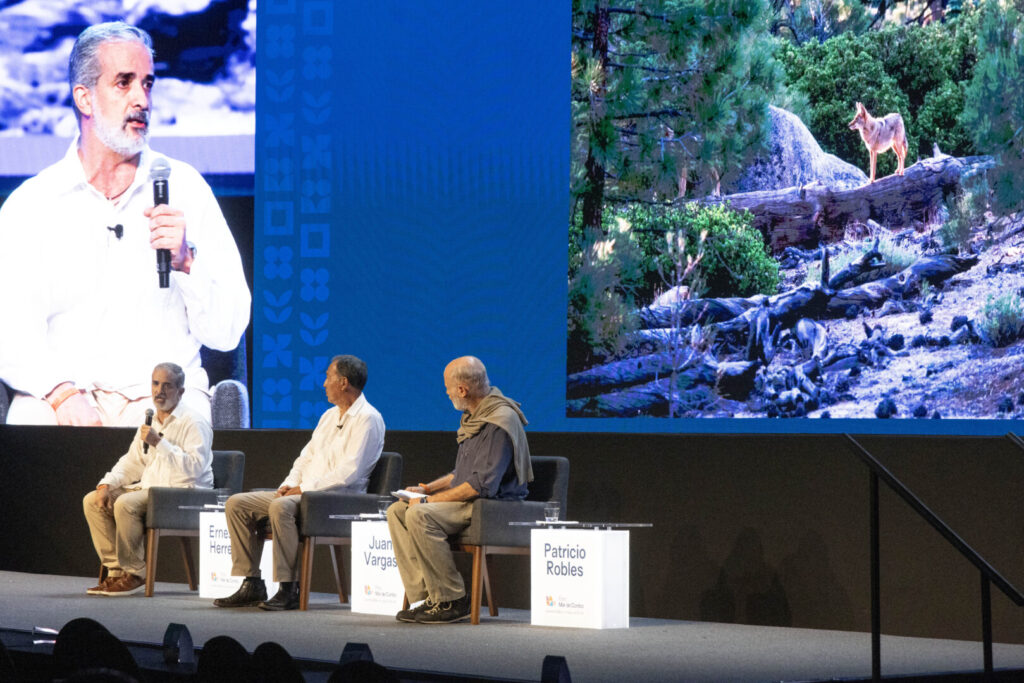Los Cabos, BCS. - To stop the cycle of violence that affects many cities and regions of Mexicoincluding the Sea of Cortés Region, it is essential to know, accept and understand the local reality, and from there, to implement collaborative actions to build a sustainable peace.
This was the coincidence of Iliana Padilla Reyesresearcher; Marcos Vizcarra Ruizjournalist; and Khublai Villafuerte Molinasecurity consultant, during the Panel on Security with a Focus on the Sea of Cortez Regionheld at the Summit 2024 Cities with a Future. No Fear of Actionorganized by the Sea of Cortez Forum in this city.
Researcher Iliana Padilla Reyes, professor at ENES-UNAM and specialist in security issues, pointed out that cities such as Culiacan face a seemingly endless cycle of violence, driven by territorial disputes between criminal groups and the reconfiguration of power.
"We citizens have that legitimate demand for urgent solutions, to return to peace and normality, then comes the military intervention, because quickly we need to return to normality and again comes an apparent calm and apparent stability, but it only lasts for a while," he stressed. "How are we going to get out of that cycle in which we are immersed? That is the big question."
Padilla Reyes stressed the need to build a sustainable peace that does not depend on a fragile "pax narca", but is based on a deep understanding of local violence.
For its part, Khublai Villafuerte MolinaRiskop's chief consultant described the current situation as a "criminal insurgency" affecting the economic, social and political life of the people, especially in Sinaloa and other regions of the country.
He pointed out that marginalization in vast areas has contributed to this problem, as many areas have been excluded from development models.
"I believe that we have to build three work axes. A first axis is to build more resilient cities, especially in the area of security: reliable police, coexistence or construction between civil society, government and business in favor of better institutions," he said.
The second axis is to attend to these marginalized communities with an inclusive development model, and the third is to influence public policy.
"We need more robust customs, we need better intelligence systems and, above all, we need to participate much more broadly in this type of forums and in international exchanges to strengthen the efforts we are making, it is difficult for us to do it alone, but we will certainly have an impact in community," he said.
The journalist Marcos Vizcarra Ruizof Revista Espejo and correspondent for Reforma, agreed that poverty and marginalization are triggers for crime and represent an opportunity for action.
"When there are better social conditions, there are also better security conditions for people," he said.
Vizcarra proposed that local companies should take an interest in the living conditions of their workers and review the wage systems to improve the quality of life in the region.
The journalist stressed that cities should not be perceived as hostile spaces, but as livable environments, putting victims at the center of policies: listening to them, attending to them and acknowledging their pain to avoid repeating the cycle of violence.








